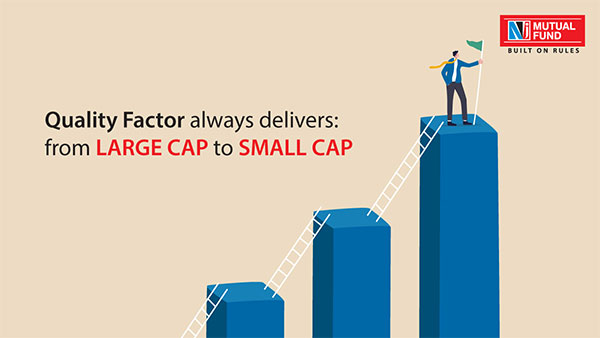Once upon a time, spending money meant physically parting with cash. You'd open your wallet, count the notes, and feel the money leave your hands. That little pinch of reality often made us think twice. But today, with a quick tap, swipe, or scan - money vanishes silently.
A coffee here, a quick UPI there - and by the end of the month, you're wondering where it all went. Welcome to the cashless era, where spending happens faster than you can say "payment successful."
The ease of digital payments has transformed the way we live - and spend. But while technology has made transactions seamless, it has also made money feel virtual. The emotional connection between earning and spending has blurred, leading many of us to underestimate how much we actually spend.
Simply put, the Cashless Effect describes our tendency to spend more money when we use digital or non-physical payment methods (like credit cards, mobile wallets, or one-click checkouts) compared to when we use physical cash.
Even financially savvy investors aren't immune to this digital spending trap. In fact, they often fall for it more subtly. Here's why:
- "I Earn Enough" Comfort Zone
Investors who see steady market gains or rising SIP portfolios often develop a sense of financial confidence. That comfort can translate into relaxed spending - especially when paying digitally feels painless.
- Invisible Spending Habits
Investors track portfolios but rarely track personal spends. Since UPI and card payments leave no "visible dent," small daily transactions don't trigger the same self-check as cash would.
- Reward Illusion
Cashbacks, reward points, and discounts make digital spending feel like "smart money moves." But in reality, they often nudge you to spend more than you planned - turning saving into subtle splurging.
- The ‘Future Self' Bias
Investors are need-oriented - but digital payments fuel the "I'll make up for it next month" mindset. It's easy to justify today's expenses thinking tomorrow's SIPs or bonuses will balance it out.
The result? A growing gap between earnings, investing, and actual wealth retention.
Every casual digital swipe today is a potential SIP installment lost tomorrow.
Let's put it in numbers:
A Rs 200 coffee every weekday = Rs 1,000 a week = Rs 4,000 a month.
Invested monthly in a SIP earning 12% annually, that "coffee money" could grow to over Rs 36.79 lakh in 20 years.
The danger isn't overspending on luxuries - it's the micro leaks that silently drain long-term potential.
Convenience doesn't have to mean chaos. Here are a few strategies to regain control:
- Automate Investments First
Treat your investments like EMIs - non-negotiable. Set SIPs to auto-debit at the start of every month, before discretionary expenses begin.
- Use a "Digital Budget Wallet"
Create a separate UPI account or prepaid card for daily spends. Once it's empty - that's your stop signal. It brings back the cash-limit discipline.
- Track, Don't Assume
Use budgeting apps to categorize and visualize your spending instantly. Seeing your monthly allocation decrease with every tap brings back a digital form of the "pain of paying."
- Beware of BNPL (Buy Now, Pay Later)
These options make it easy to buy and forget. But when the bill arrives, so does regret. If you can't pay for it today without credit, it's probably not a necessity.
- Plan No-Spend Days
Set a few "digital detox" or no-spend days each month. It helps reset your spending habits and makes you more mindful of real priorities.
Smart investing isn't just about selecting the right funds - it's about cultivating the right behavior. The digital era offers unmatched convenience, but it also demands stronger self-discipline.
Each tap or swipe is a choice: between instant gratification and long-term growth.
So, the next time your phone buzzes with a "Payment Successful" message, pause and ask yourself - Was it a wise decision or just another frictionless expense?
Because in this cashless world, money doesn't make a sound when it leaves your account - but it can echo in your future.
Disclaimer: Mutual fund investments are subject to market risks, read all scheme related documents carefully before investing. Past performance may or may not be sustained in future and is not a guarantee of any future returns.









